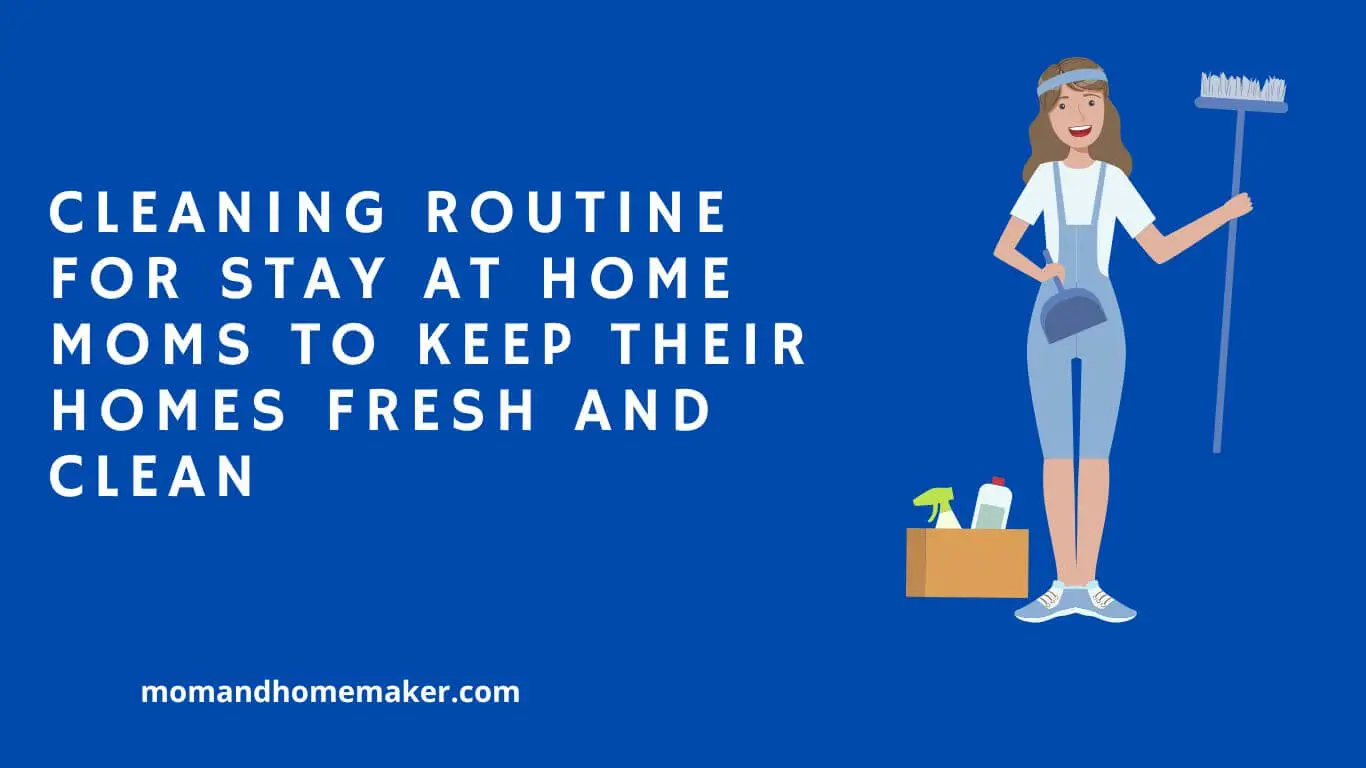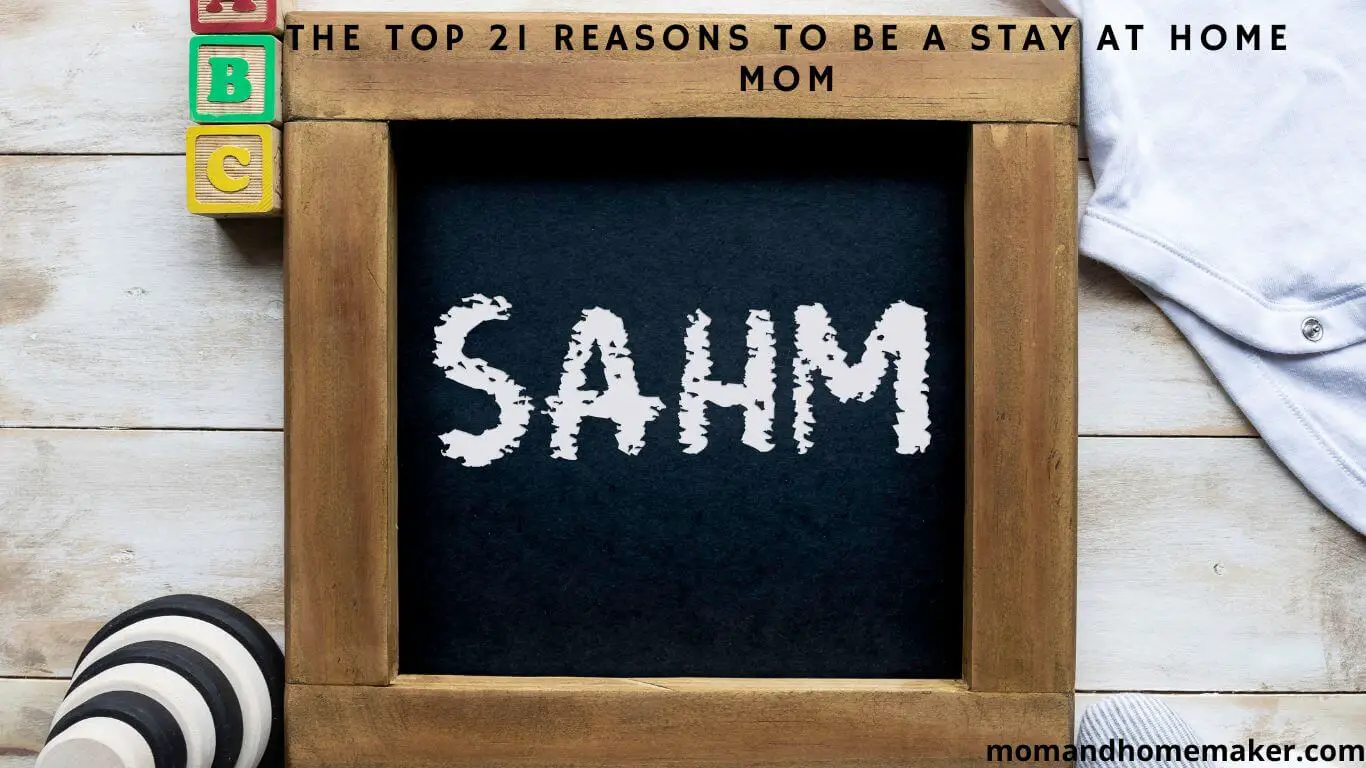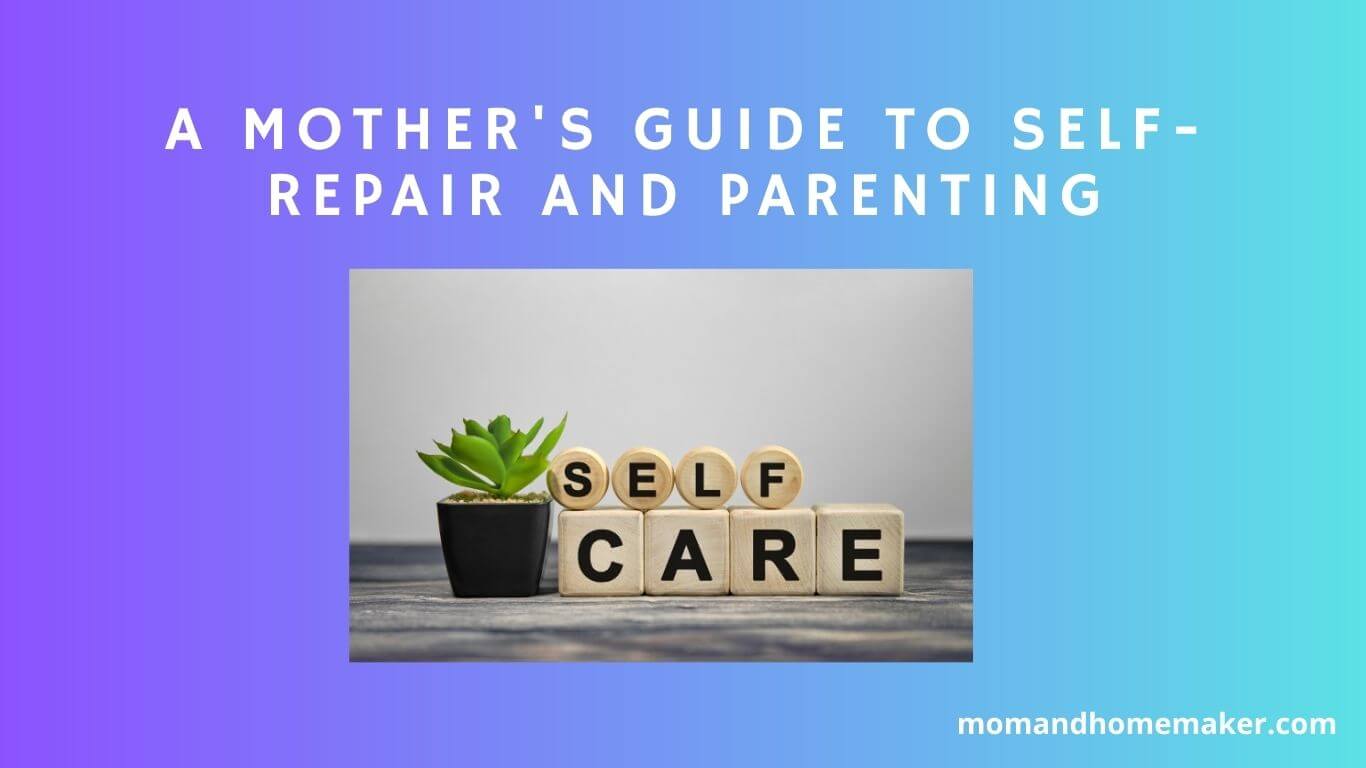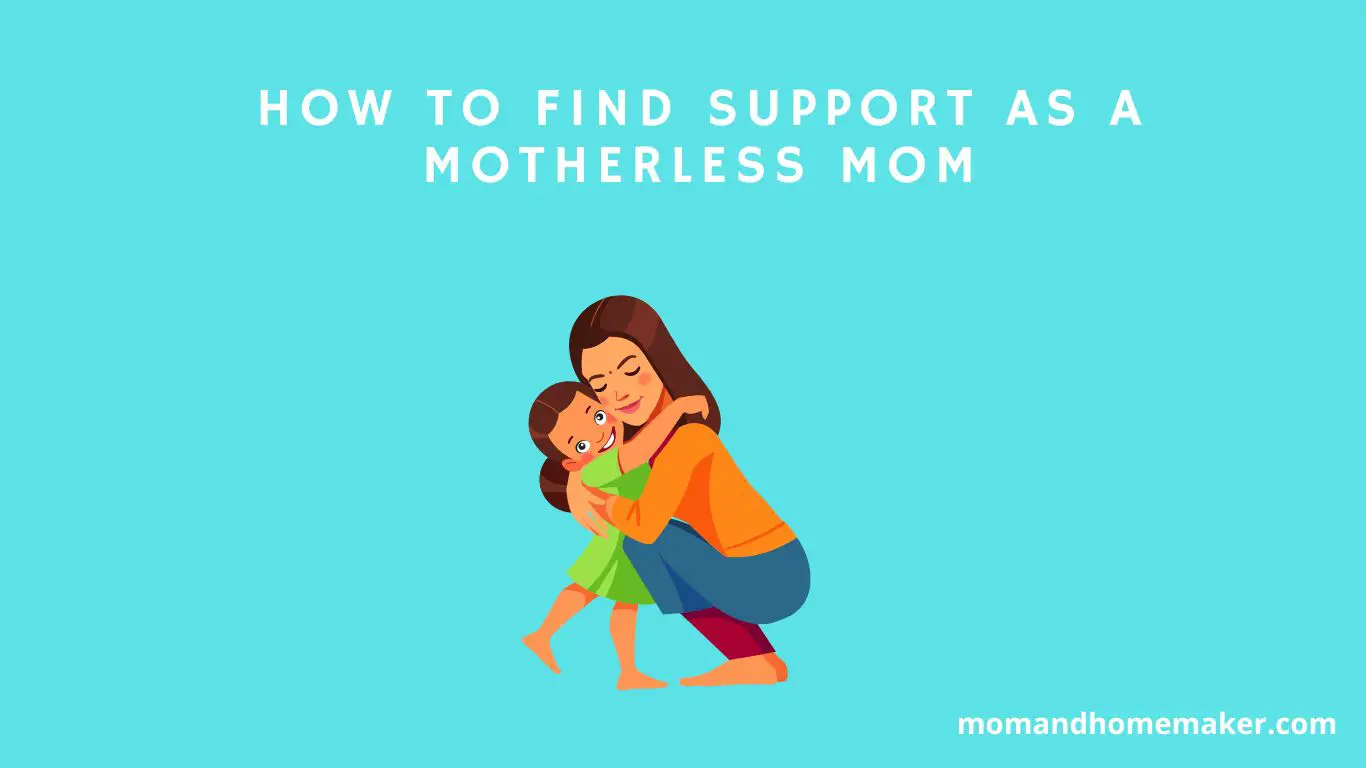You might be wondering about the difference between a homemaker and a stay-at-home mom. While these terms are often used interchangeably, there are subtle yet significant distinctions that influence the roles, responsibilities, and societal perceptions of these two positions.
Understanding these differences can provide valuable insight into the unique experiences and challenges faced by individuals who identify as either a homemaker or a stay-at-home mom.
But before we delve into the specifics, it’s essential to recognize the nuanced nature of these roles and the impact they have on individuals and families.
Definition of Homemaker and Stay-At-Home Mom

When defining the roles of a homemaker and a stay-at-home mom, it’s important to understand the distinctions between the two.
In many societies, gender stereotypes have traditionally placed the responsibility of homemaking on women. However, cultural differences and family dynamics play a significant role in shaping these roles.
A homemaker is someone, regardless of gender, who manages the household and takes care of domestic duties. This role can be fulfilled by any member of the family.
On the other hand, a stay-at-home mom specifically refers to a mother who’s chosen to forgo outside employment to focus on raising and caring for her children full-time.
Gender stereotypes often dictate that the role of a homemaker falls to women, perpetuating societal roles that limit this responsibility based on gender. However, as cultural differences have evolved, family dynamics have also shifted, allowing for a more inclusive and diverse approach to defining these roles.
In some families, the decision for a parent to stay at home is based on practical considerations, such as the cost of childcare compared to one parent’s income. It’s important to recognize that the choice between being a homemaker and a stay-at-home mom is deeply personal and should be made without judgment.
Ultimately, both roles involve serving the family and creating a nurturing environment, regardless of the gender of the individual fulfilling them.
Financial Contribution and Dependency
Financial contribution and dependency can significantly impact the decision of a parent to be a homemaker or a stay-at-home mom. The financial dynamics within a family play a crucial role in determining whether a parent can afford to stay at home and the level of financial independence they may have.
- Financial Independence
- Understanding that financial independence is important for personal empowerment and decision-making. Being a homemaker or a stay-at-home mom shouldn’t equate to complete financial dependency. It’s important to have access to personal financial resources and the ability to contribute to the family’s financial well-being, even if it’s in a small way.
- Striving for financial independence can involve taking steps to build skills that allow for remote work or starting a small home-based business. This can provide a sense of financial autonomy while still being able to prioritize family needs.
Family dynamics also play a significant role in the decision-making process. It’s important to have open and honest discussions about financial matters within the family.
Acknowledging the value of the non-financial contributions made by the homemaker or stay-at-home mom is essential in fostering a sense of mutual respect and understanding within the family unit.
Ultimately, the decision to be a homemaker or a stay-at-home mom should be based on a combination of financial considerations and the desire to serve and support the family.
Emphasis on Domestic Duties

To effectively manage household responsibilities and prioritize your family’s well-being, it’s important to embrace traditional gender roles while promoting equality. Women often bear the primary responsibility for domestic duties, and while upholding these roles, it’s crucial to foster individuality and equality within the household.
Efficient time management is key, so establishing a routine and prioritizing tasks based on importance can help manage domestic duties effectively. Creating a structured daily plan for household chores and family activities contributes to maintaining a harmonious and organized living space.
Your efforts in managing domestic duties significantly contribute to the happiness and stability of your family. Embracing these responsibilities with grace and efficiency is a testament to your dedication and love for your family.
Parenting and Childcare Responsibilities
Taking an active role in nurturing and guiding your children is a fulfilling and essential aspect of being a homemaker or stay-at-home mom. As a caregiver, you play a crucial role in shaping your children’s lives and helping them grow into responsible and caring individuals. Here are some important aspects of parenting and childcare responsibilities to consider:
- Parenting Challenges
- Behavioral Guidance: Nurturing positive behavior and addressing challenging behaviors can be demanding. It’s important to remain patient and consistent while setting clear boundaries for your children.
- Emotional Support: Children may face emotional ups and downs as they grow. Providing a safe and supportive environment where they can express their feelings is vital in helping them navigate their emotions.
- Childcare Options
- Educational Activities: Engaging your children in educational games and activities can help stimulate their learning and creativity. Look for opportunities to incorporate fun learning experiences into your daily routine.
- Social Interaction: Providing opportunities for your children to interact with others their age is important for their social development. Consider playdates, community events, or local parent-child groups to facilitate socialization.
Parenting and childcare responsibilities can be demanding, but your dedication and efforts have a profound impact on your children’s development. Your commitment to creating a nurturing and supportive environment will help shape their future.
Perception and Societal Expectations

Amidst societal norms and perceptions, the role of a homemaker or stay-at-home mom is often scrutinized and shaped by external expectations and stereotypes. Perception plays a significant role in how society views individuals in these roles.
Gender roles have historically defined the duties of a homemaker or stay-at-home mom, often leading to traditional perspectives that limit these roles to women.
However, modern perspectives are gradually breaking away from these stereotypes, acknowledging that anyone, regardless of gender, can be a homemaker or stay-at-home parent.
| Traditional Perspectives | Modern Perspectives |
|---|---|
| Emphasize gender-specific roles | Emphasize inclusivity and flexibility |
| Expect women to prioritize homemaking | Recognize the value of shared responsibilities |
| Imposes societal pressure on women | Encourage individual choices and support |
Societal expectations also play a crucial role in shaping the perceptions of homemaker and stay-at-home moms. Traditional expectations often dictate that women should fulfill domestic duties, while modern expectations recognize the need for flexibility and support individual choices.
It’s important to navigate these perceptions and expectations with an open mind, understanding that the roles of homemaker and stay-at-home parent are not confined to specific genders or societal norms.
By challenging traditional perspectives and embracing modern viewpoints, we can create a more inclusive and supportive environment for individuals in these roles.
Time Allocation and Flexibility
When managing your time as a homemaker or stay-at-home parent, it’s crucial to prioritize tasks and maintain a flexible schedule to meet the ever-changing needs of your family.
Here are some key considerations:
- Prioritizing Tasks: Balancing household responsibilities and caring for your family requires effective time management. By prioritizing tasks based on urgency and importance, you can ensure that essential duties are completed while remaining flexible to handle unforeseen circumstances.
- *Setting Realistic Goals*: Establishing achievable daily goals allows you to manage your time more effectively, ensuring that you can adapt to unexpected events without feeling overwhelmed.
- *Creating Routine and Structure*: Implementing a consistent daily routine provides stability for your family while also allowing you to manage your time efficiently. Flexibility within this routine enables you to adjust as needed to meet the dynamic demands of family life.
Personal Fulfillment and Identity

Managing the responsibilities of homemaking or being a stay-at-home parent while seeking personal fulfillment and establishing your identity can be both fulfilling and challenging. It’s important to remember that personal growth and self-fulfillment are essential for your well-being, beyond the roles of homemaker or stay-at-home parent. Embracing your unique identity and aspirations is crucial for a balanced and fulfilling life.
Carving out time for activities that bring you joy and a sense of accomplishment is vital in your journey to personal fulfillment. Whether it’s pursuing a hobby, furthering your education, or engaging in community service, these endeavors contribute to your personal growth and fulfillment. Embracing your identity as an individual with unique interests and talents not only benefits you but also sets a positive example for your family.
Seeking personal fulfillment doesn’t mean neglecting your responsibilities, but rather finding a balance that allows you to thrive personally while fulfilling your duties as a homemaker or stay-at-home parent. Embracing personal growth and self-fulfillment enables you to approach your role with renewed energy and a sense of purpose.
Nurturing your own identity and passions ultimately benefits not only you but also your family, creating a harmonious and fulfilling home environment.
Impact on Career and Professional Development
Balancing the responsibilities of homemaking or being a stay-at-home parent with your career aspirations and professional development can bring about both challenges and opportunities. As a homemaker or stay-at-home mom, your role can significantly impact your skill development and work-life balance.
- Impact on Skill Development
- Developing Organizational Skills: Managing a household requires intricate organizational skills, including scheduling, budgeting, and multitasking, which can be valuable in a professional setting.
- Enhancing Adaptability: Meeting the diverse needs of a family calls for adaptability, a skill that can transfer to various work environments, fostering the ability to quickly adjust to new challenges.
- Work-Life Balance in Homemaker and Stay-at-Home Mom Roles
- Flexibility: Juggling household responsibilities with personal pursuits can cultivate adaptability and flexibility, qualities highly sought after in the professional world.
- Time Management: Balancing the demands of running a household while attending to personal growth can lead to honing effective time management skills, which can benefit future career endeavors.
Embracing the role of a homemaker or stay-at-home mom can offer unique opportunities to develop and refine skills that aren’t only integral to managing a household but also transferable to professional growth.
By recognizing the impact of your responsibilities on skill development and work-life balance, you can leverage these experiences to propel your career aspirations forward.
Support System and Community

As you take on the role of a homemaker or stay-at-home mom, your support system and community are incredibly important for providing encouragement and help in navigating the challenges and celebrating the joys of managing a household and caring for your family.
Being involved in your community and interacting with other parents, neighbors, or local groups is essential for your well-being.
It’s important to seek out opportunities for social interaction, whether it’s through playgroups for your children, community events, or volunteering. These interactions can offer a sense of belonging and understanding as you connect with others who share similar experiences.
Access to resources and emotional support within your community is also crucial. Being part of a supportive community can provide access to valuable resources such as childcare recommendations, educational opportunities, and even potential part-time work if desired.
Having a network of individuals who understand and empathize with the demands of managing a household can offer emotional support during challenging times.
Whether it’s through informal gatherings with other parents or organized support networks, the encouragement and understanding you receive from your community can make a significant difference in your well-being and overall experience as a homemaker or stay-at-home mom. Remember to actively seek out and nurture these connections to create a strong and supportive community around you.
Mental and Emotional Well-being
Prioritizing your mental and emotional well-being is extremely important as you manage the responsibilities of being a homemaker or stay-at-home mom. Taking care of your mental health is crucial for your overall well-being.
Here are some tips to help you maintain a healthy mindset and emotional balance:
- Self Care
- Schedule regular ‘me time’ for activities you enjoy, such as reading, taking a walk, or indulging in a hobby. This will help you recharge and alleviate stress.
- Ensure you get enough rest and sleep. Lack of sleep can negatively impact your mental health, so make it a priority to get sufficient rest.
- Emotional Support and Coping Strategies
- Seek support from friends, family, or online communities. Sharing your feelings and experiences with others can provide emotional support and help you feel less isolated.
- Develop coping strategies such as deep breathing exercises, mindfulness, or journaling. These techniques can help you manage stress and maintain emotional balance.
Remember that taking care of your mental and emotional well-being isn’t selfish but necessary for your ability to care for others effectively.
By prioritizing self-care, seeking emotional support, and implementing coping strategies, you can better navigate the challenges of being a homemaker or stay-at-home mom while maintaining good mental health.
Decision-Making Authority and Autonomy

When managing the household as a homemaker or stay-at-home mom, it’s crucial to establish open communication and mutual respect within your family. Decision-making dynamics and autonomy play a significant role in household management. As you seek to serve your family, it’s important to find empowerment in this aspect of your role.
Involving your partner in major decisions through a collaborative approach is important. At the same time, creating space for independent decision-making in areas such as household budgeting, meal planning, and children’s schedules can help you exercise autonomy. Recognizing your own capabilities and strengths is essential in this process.
As you navigate the intricacies of household management, remember that your role is one of empowerment rather than subservience. By collaborating with your partner and carving out areas where you can exercise autonomy, you can foster a harmonious and balanced environment within your household.
Embrace the decision-making authority that comes with managing a home and fulfill your role with confidence, contributing to the well-being of your family.
Recognition and Validation
As a homemaker or stay-at-home mom, it’s important to recognize and appreciate the vital role you play in nurturing your family and maintaining a supportive home environment. Your emotional well-being and the significance of your contributions to the family’s overall harmony deserve validation and appreciation.
Additionally, your commitment to creating a nurturing and stable environment for your family should be recognized and acknowledged within your social circles and community. It’s essential to receive validation from society for the essential role you play in shaping the well-being of your family and contributing to the fabric of the community.
Conclusion
Being a homemaker and a stay-at-home mom may seem similar, but they differ in their focus on domestic responsibilities and societal expectations.
It’s like tending to a garden where one plant is nurtured while the other is left to thrive on its own. The recognition and validation of these roles also vary.
It’s important to appreciate the unique challenges and contributions of each role.











